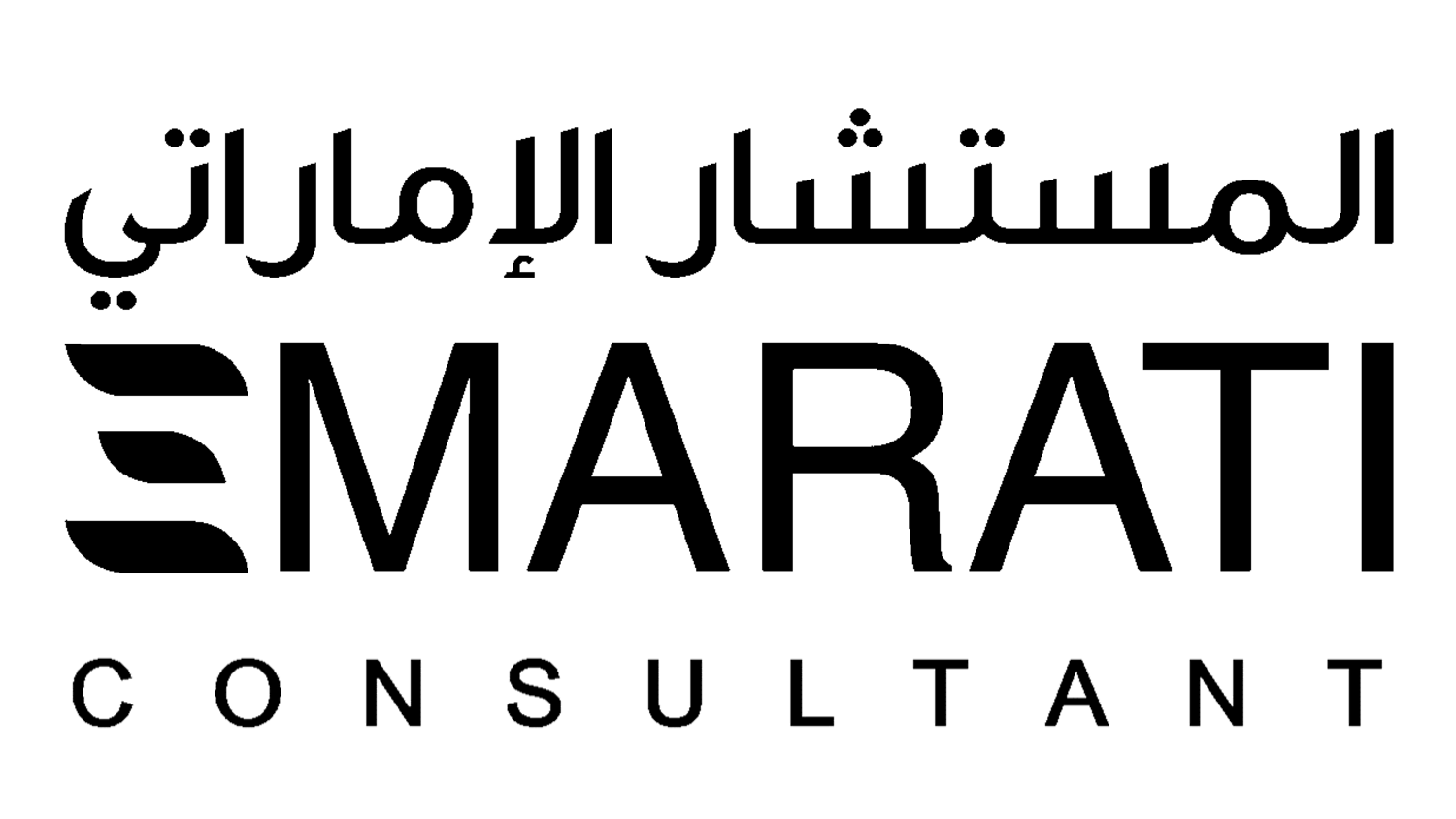Why Choose this Training Course?
This course is designed to provide you with a comprehensive understanding of Bitcoin, from its inception to its current status as a global phenomenon. Whether you’re a curious investor, a tech enthusiast, or simply intrigued by the potential of digital currencies, this course will equip you with the knowledge and skills needed to navigate the world of Bitcoin with confidence.
This training course will highlight the following:
- Understanding Bitcoin Fundamentals: Gain a comprehensive understanding of Bitcoin, including its history, technology, and economic principles. Explore the key features and characteristics that differentiate Bitcoin from traditional fiat currencies.
- Blockchain Technology: Dive into the underlying blockchain technology that powers the Bitcoin network. Explore concepts such as decentralization, consensus mechanisms, cryptographic security, and the role of miners in securing the network.
- Bitcoin Transactions and Wallets: Learn about the mechanics of Bitcoin transactions, wallets, and addresses. Understand how to safely and securely store, send, and receive Bitcoin using different types of wallets, including hardware wallets, software wallets, and paper wallets.
- Bitcoin Mining: Explore the process of Bitcoin mining and the role of miners in validating transactions and securing the network. Learn about mining hardware, mining pools, block rewards, and the concept of mining difficulty.
- Economics of Bitcoin: Analyze the economic principles that govern the supply, demand, and valuation of Bitcoin. Understand Bitcoin’s potential as a store of value, medium of exchange, and unit of account, and its implications for monetary policy and financial markets.
- Investing in Bitcoin: Develop strategies for safely and securely buying, selling, and investing in Bitcoin. Learn about different investment options, risk management techniques, and regulatory considerations for Bitcoin investors.
- Bitcoin and Society: Explore the broader impact of Bitcoin on finance, economics, technology, and society. Discuss topics such as financial inclusion, privacy, sovereignty, and the democratization of money.
- Emerging Trends and Controversies: Stay informed about the latest developments, trends, and controversies surrounding Bitcoin. Discuss scalability issues, regulatory developments, emerging use cases, and the evolving landscape of the cryptocurrency industry.
- Practical Applications and Use Cases: Explore real-world applications and use cases of Bitcoin beyond investment, including remittances, cross-border payments, decentralized finance (DeFi), non-fungible tokens (NFTs), and more.
- Ethical and Regulatory Considerations: Consider the ethical implications of Bitcoin and the regulatory challenges facing the cryptocurrency industry. Discuss topics such as consumer protection, anti-money laundering (AML) regulations, and the role of governments and regulators in overseeing digital currencies.
What are the Goals?
- Understand the fundamentals of Bitcoin, including its history, technology, and economics.
- Explore the key features and characteristics that differentiate Bitcoin from traditional fiat currencies.
- Examine the underlying blockchain technology that powers the Bitcoin network, including concepts such as decentralization, consensus mechanisms, and cryptographic security.
- Learn about the mechanics of Bitcoin transactions, wallets, mining, and the role of miners in securing the network.
- Analyze the economic principles that govern the supply, demand, and valuation of Bitcoin, as well as its potential as a store of value, medium of exchange, and unit of account.
- Gain insights into the broader impact of Bitcoin on finance, economics, technology, and society, including its implications for financial inclusion, privacy, and sovereignty.
- Develop strategies for safely and securely buying, storing, and transacting with Bitcoin, as well as managing investment risks and navigating regulatory considerations.
- Stay informed about the latest developments, trends, and controversies surrounding Bitcoin, including scalability issues, regulatory developments, and emerging use cases.
Who is this Training Course for?
- This course is suitable for anyone interested in learning about Bitcoin, regardless of their background or experience level. Whether you’re a novice looking to explore the basics of digital currencies or an experienced investor seeking to deepen your understanding of Bitcoin’s intricacies, this course offers valuable insights and practical knowledge that can benefit you on your journey into the world of cryptocurrencies.
- No prior knowledge of Bitcoin or blockchain technology is required to enroll in this course. All you need is an open mind, a curiosity about the future of money, and a willingness to learn!
How will this Training Course be Presented?
- Interactive Lectures.
- Case Studies.
- Practical Exercises.
- Group Discussions.
- Guest Speakers.
- Reading Materials.
- Practical Projects.
- Feedback and Evaluation.
- Networking Opportunities.
- Continuous Learning.
- Module 1: Introduction to Bitcoin
- History of Money and the Birth of Bitcoin.
- Satoshi Nakamoto and the Genesis of Bitcoin.
- Understanding Bitcoin: Digital Currency vs. Traditional Fiat.
- Key Characteristics and Features of Bitcoin.
Module 2: Blockchain Technology
- Introduction to Blockchain Technology.
- How Blockchain Powers the Bitcoin Network.
- Decentralization, Consensus Mechanisms, and Security.
- Bitcoin Transactions, Blocks, and the Blockchain.
Module 3: Bitcoin Wallets and Addresses
- Types of Bitcoin Wallets: Software, Hardware, Paper, and Mobile.
- Generating and Managing Bitcoin Addresses.
- Sending and Receiving Bitcoin Transactions.
- Wallet Security Best Practices and Considerations.
Module 4: Bitcoin Mining
- Introduction to Bitcoin Mining.
- Proof of Work (PoW) Consensus Mechanism.
- Mining Hardware, Software, and Pools.
- Block Rewards, Mining Difficulty, and Network Security.
Module 5: Economics of Bitcoin
- Supply and Demand Dynamics of Bitcoin.
- Price Volatility and Market Behavior.
- Monetary Policy: Bitcoin Halving and Supply Cap.
- Bitcoin as a Store of Value, Medium of Exchange, and Unit of Account.
Module 6: Investing in Bitcoin
- Introduction to Bitcoin Investment.
- Different Investment Options: Buying, Selling, Trading, Holding.
- Risk Management Strategies and Considerations.
- Regulatory Landscape and Legal Compliance.
Module 7: Bitcoin and Society
- Financial Inclusion and Access to Banking Services.
- Privacy and Security Considerations.
- Bitcoin’s Role in Challenging Traditional Financial Systems.
- Social Impact and Ethical Considerations.
Module 8: Emerging Trends and Controversies
- Scaling Bitcoin: SegWit, Lightning Network, and Other Solutions.
- Regulatory Developments and Government Responses.
- Emerging Use Cases: DeFi, NFTs, Cross-Border Payments.
- Controversies and Challenges Facing Bitcoin.
Module 9: Practical Applications of Bitcoin
- Remittances and Cross-Border Payments.
- Decentralized Finance (DeFi) and Lending.
- Non-Fungible Tokens (NFTs) and Digital Ownership.
- Bitcoin in Business: Adoption and Integration Strategies.
Module 10: Ethical and Regulatory Considerations
- Consumer Protection and Fraud Prevention.
- Anti-Money Laundering (AML) and Know Your Customer (KYC) Compliance.
- Regulatory Challenges and Government Oversight.
- Balancing Innovation with Responsibility: Ethical Dilemmas.
Module 11: Case Studies and Real-World Examples
- Success Stories: Companies and Individuals Embracing Bitcoin.
- Cautionary Tales: Scams, Hacks, and Lessons Learned.
- Regulatory Approaches Around the World.
- Future Outlook: Predictions and Speculations.
Module 12: Capstone Project
- Culminating Project: Applying Learning to a Real-World Challenge.
- Project Development and Presentation.
- Peer Review and Feedback.
- Reflection and Next Steps.
Session 1: 11:00-12:30 Dubai [UTC/GMT +4]
Break : 12:30 – 13:00 Dubai [UTC/GMT +4]
Session 2: 13:00 – 14:30 Dubai [UTC/GMT +4]
Certificate of Completion for delegates who attend and complete the course
COURSE REGISTRATION
Kindly email info@emaratic.com for registration or call +971 43 34 6009 for assistance
WANT TO KNOW MORE
Our Training Platforms

Digital Learning

Virtual Learning

Instructor-Led Learning

Blended Learning


